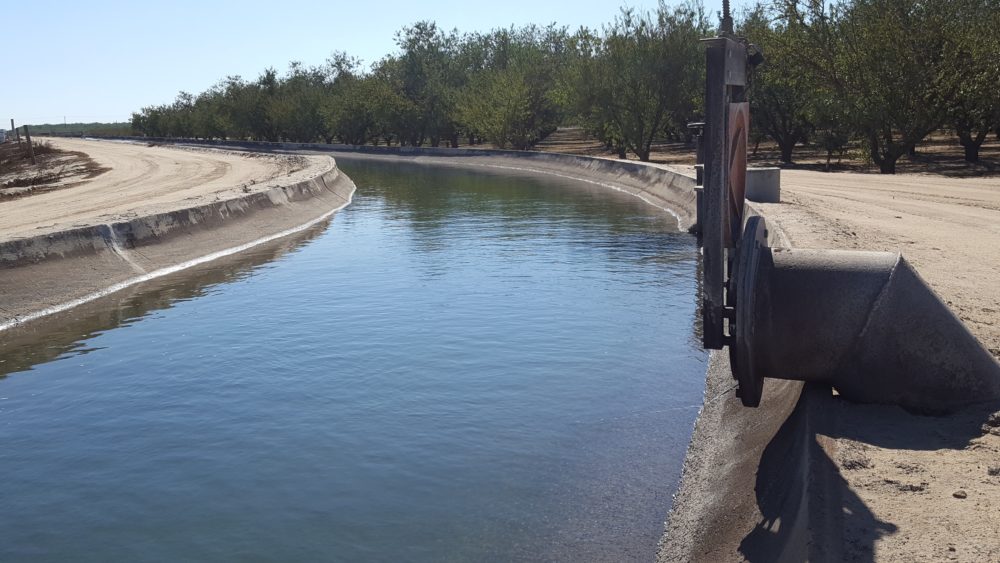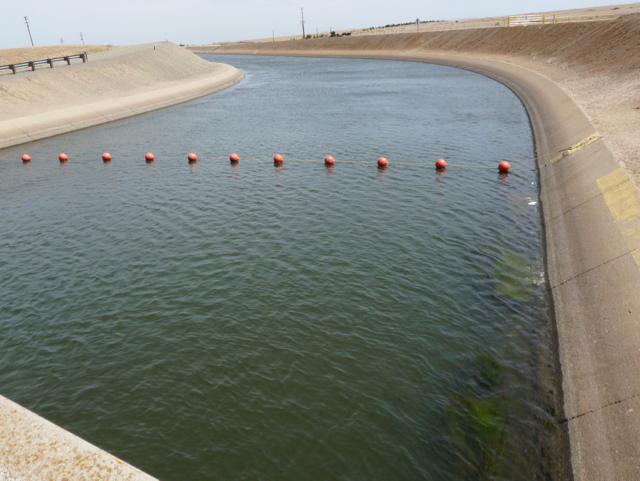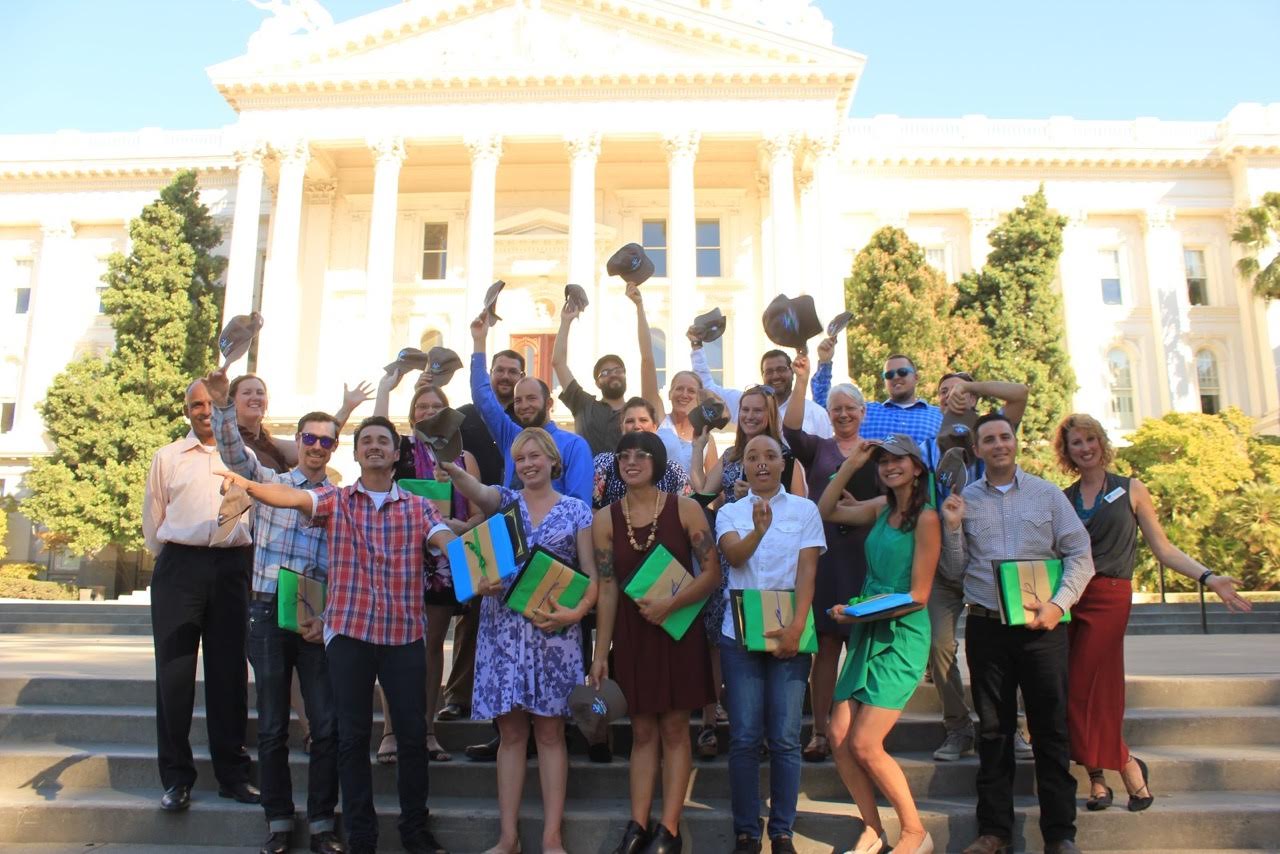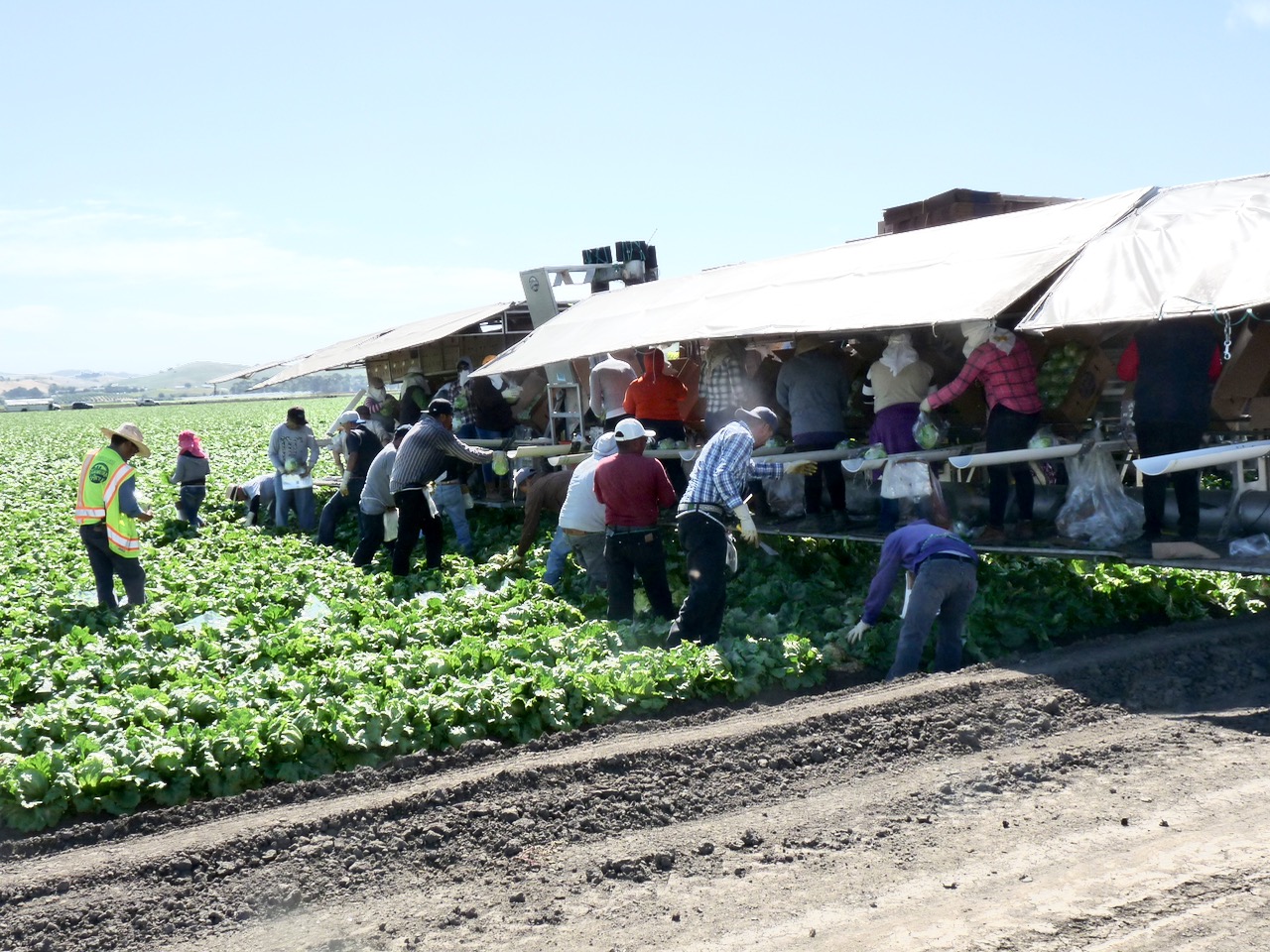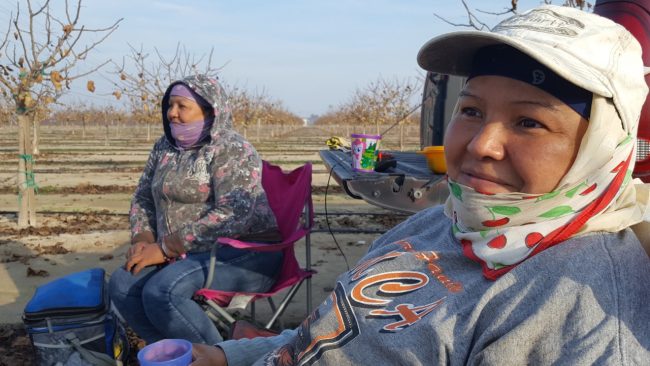Farm Bureau President Responds to Signing of AB 2183
By Peter Hecht, CAFB
California Farm Bureau President Jamie Johansson today responded to Gov. Gavin Newsom’s signing of Assembly Bill 2183.
“The California Farm Bureau is deeply disappointed in Gov. Newsom’s decision to sign the misguided union organizing legislation, Assembly Bill 2183. Farm Bureau stands with California’s agricultural employees and will continue to defend their right to make uncoerced choices about union representation. However, the governor’s unfortunate decision to sign this bill will create a mail-in balloting system that threatens the integrity of secret ballot elections and leaves farm employees vulnerable to intimidation by union organizers with an obvious interest in the outcome. It also forces California’s farmers and ranchers to choose to give up free speech and private property rights in a dubious trade to allow their employees a real voice in a union election.”


